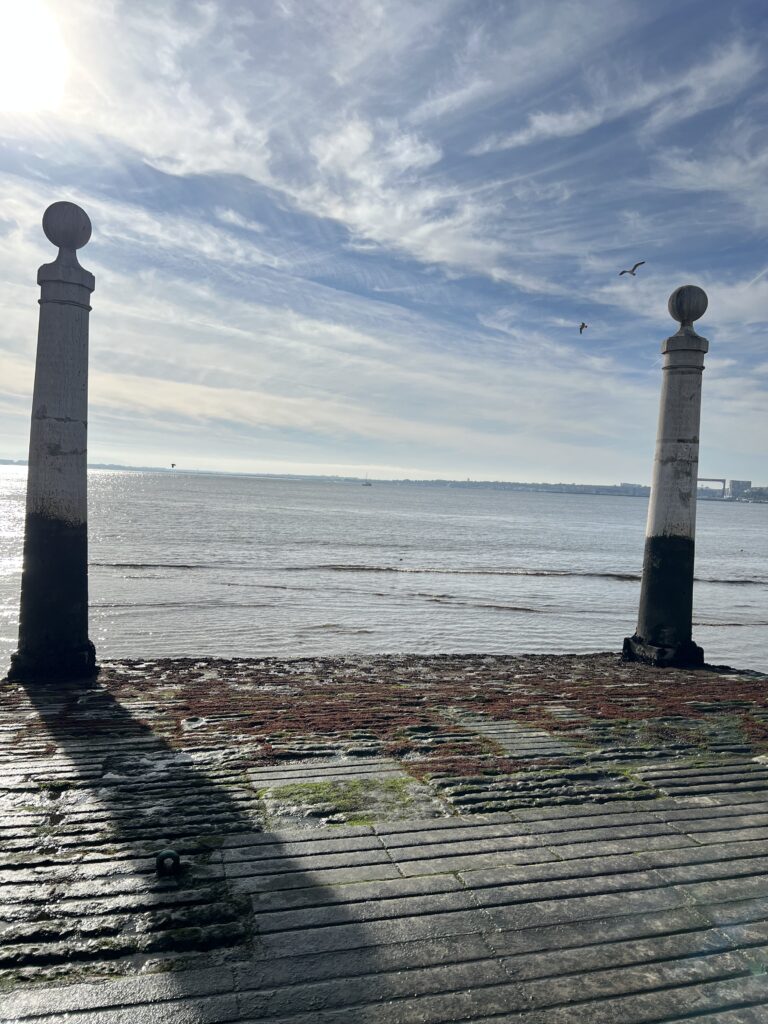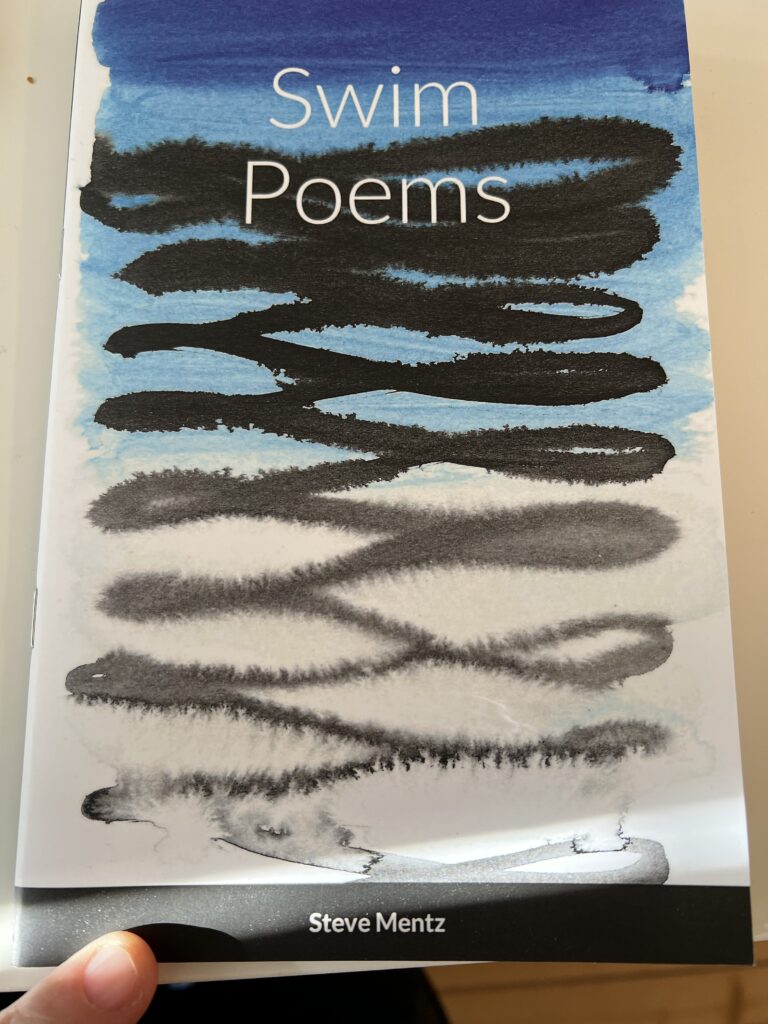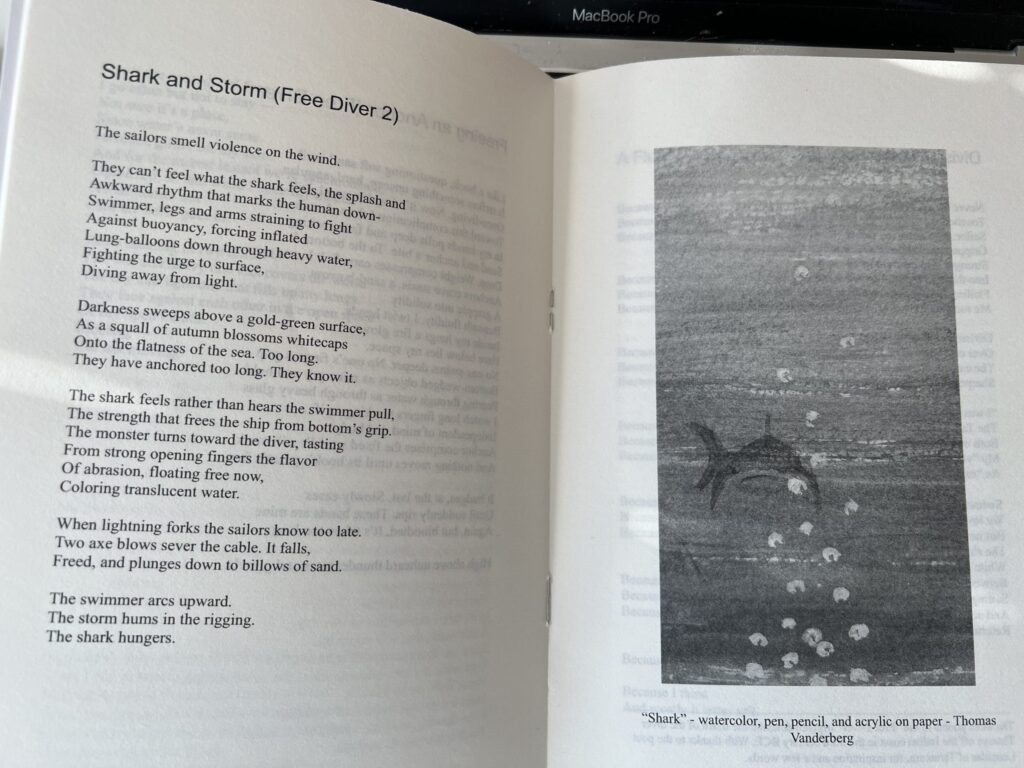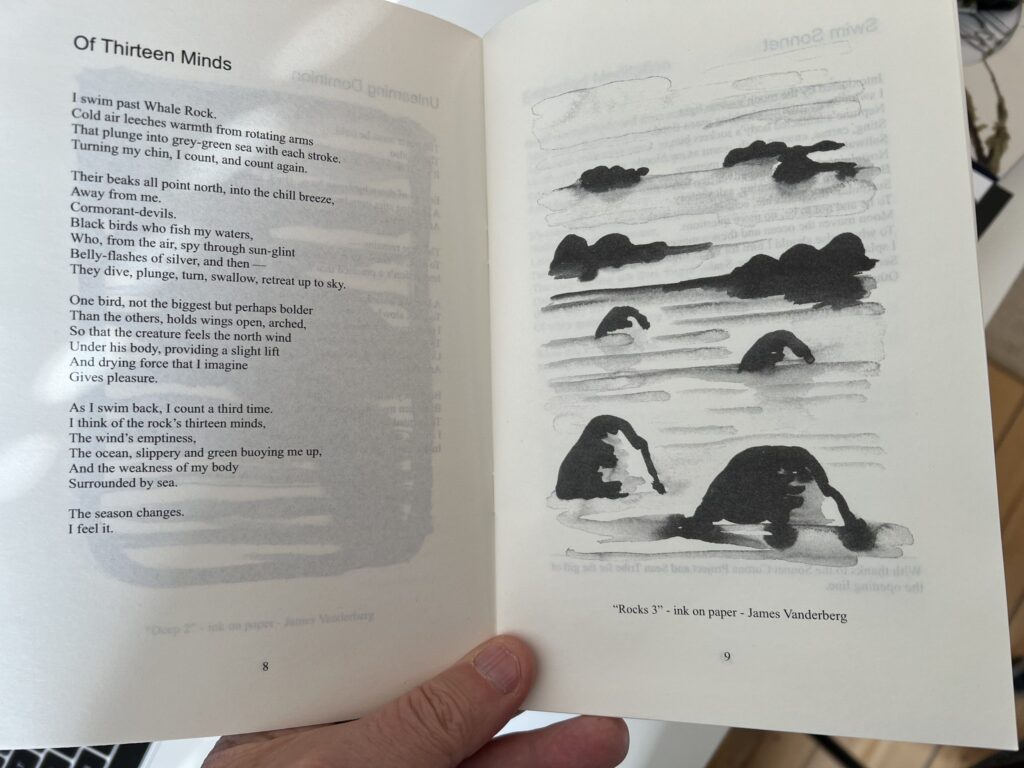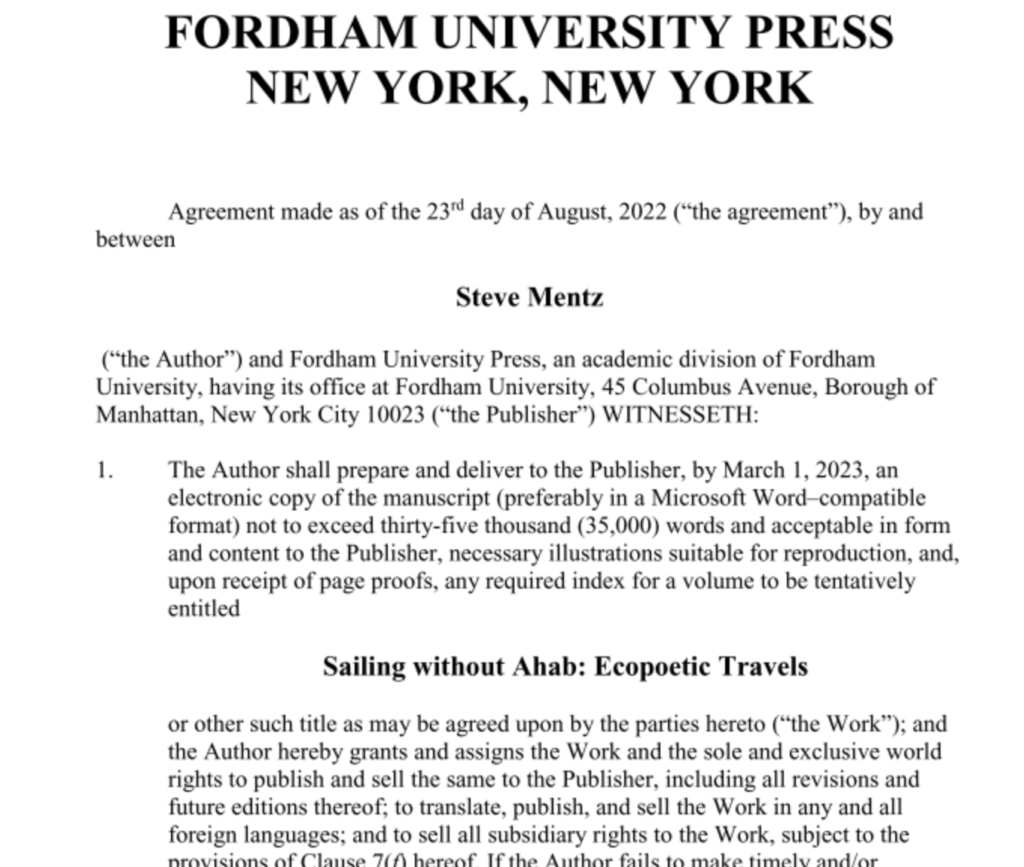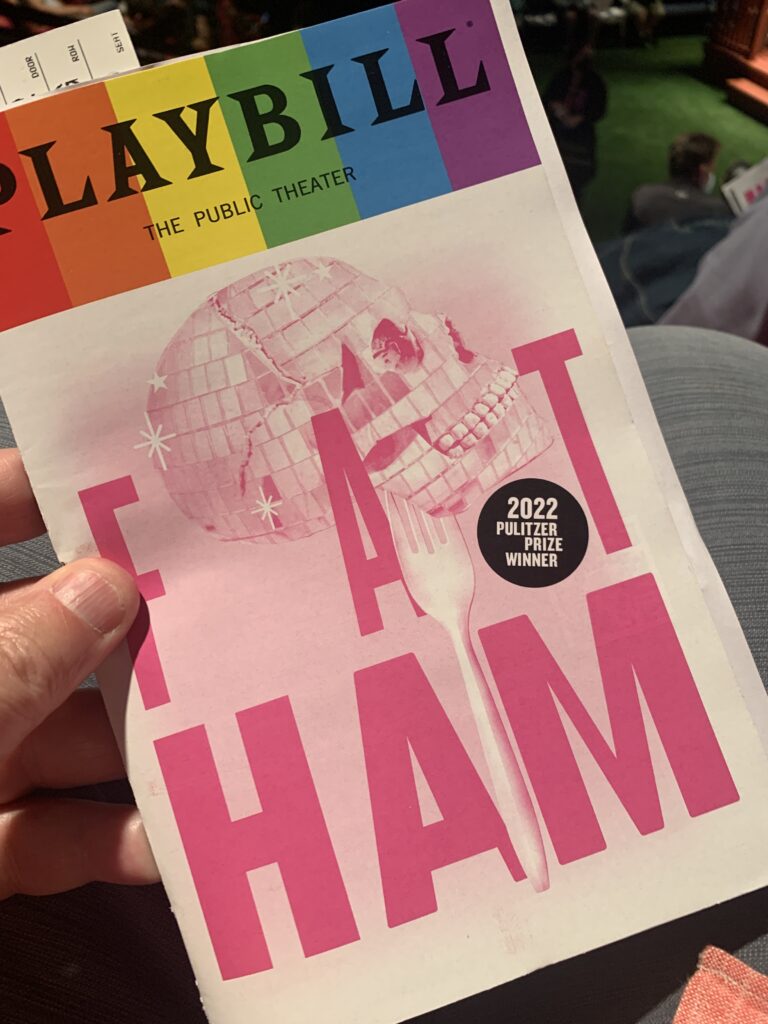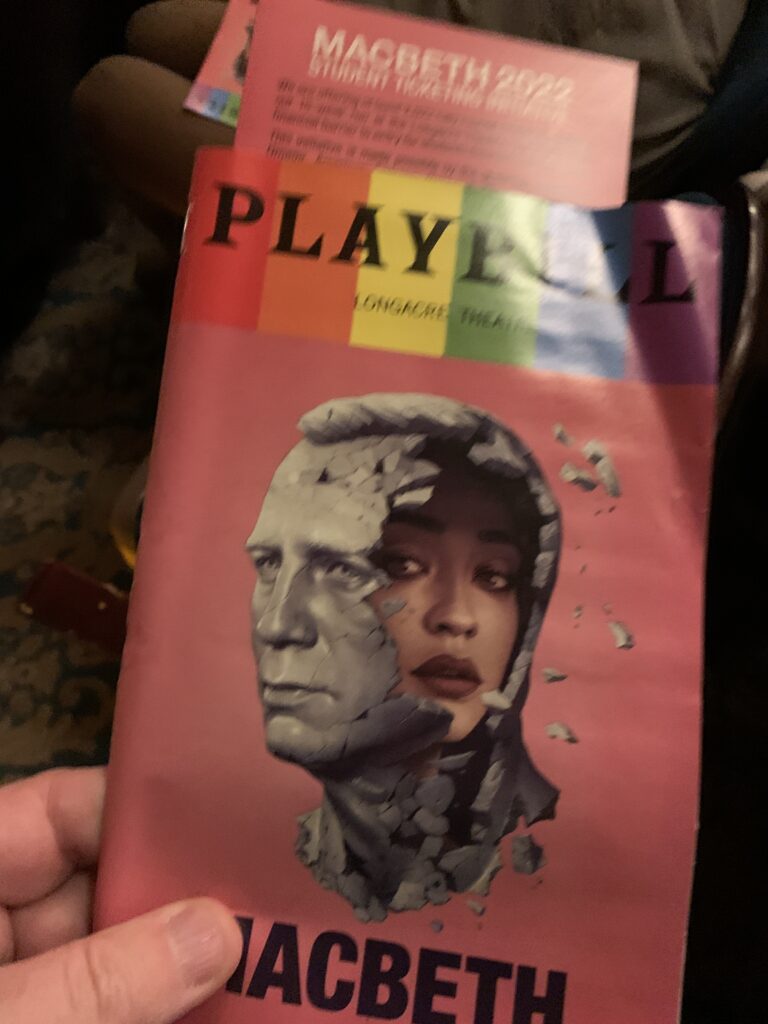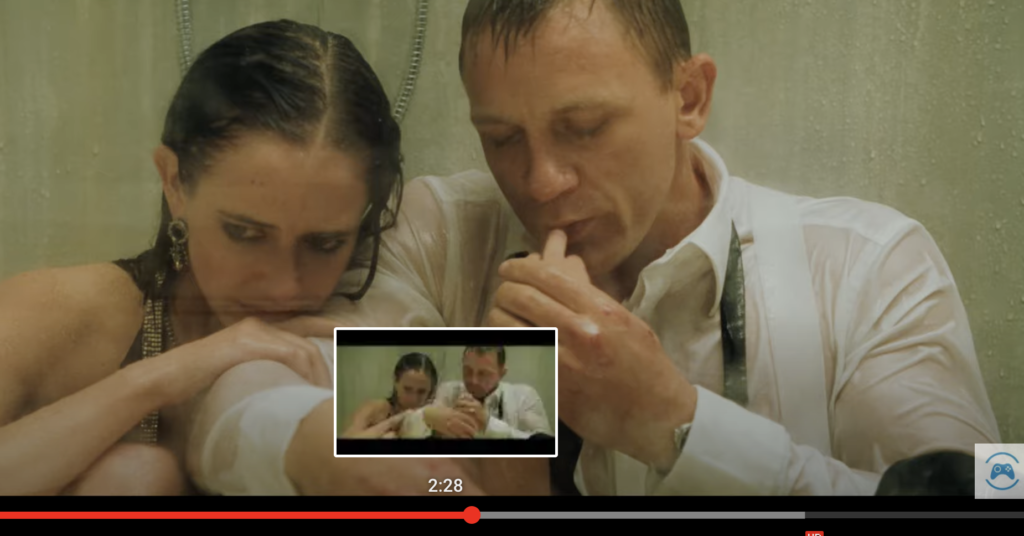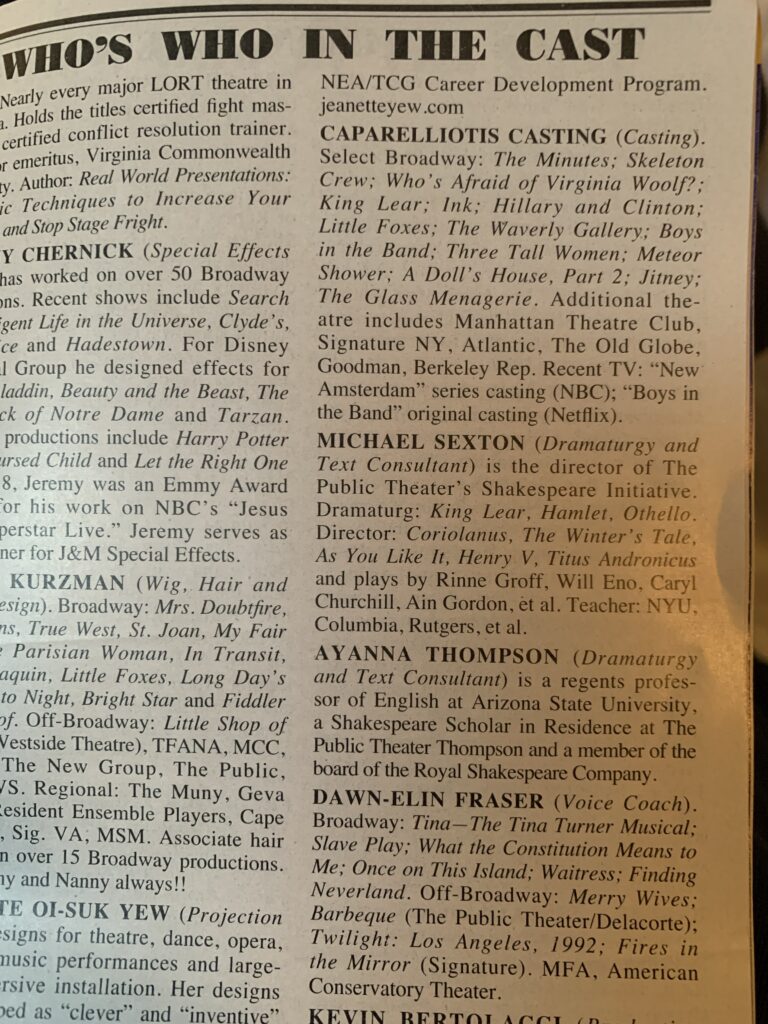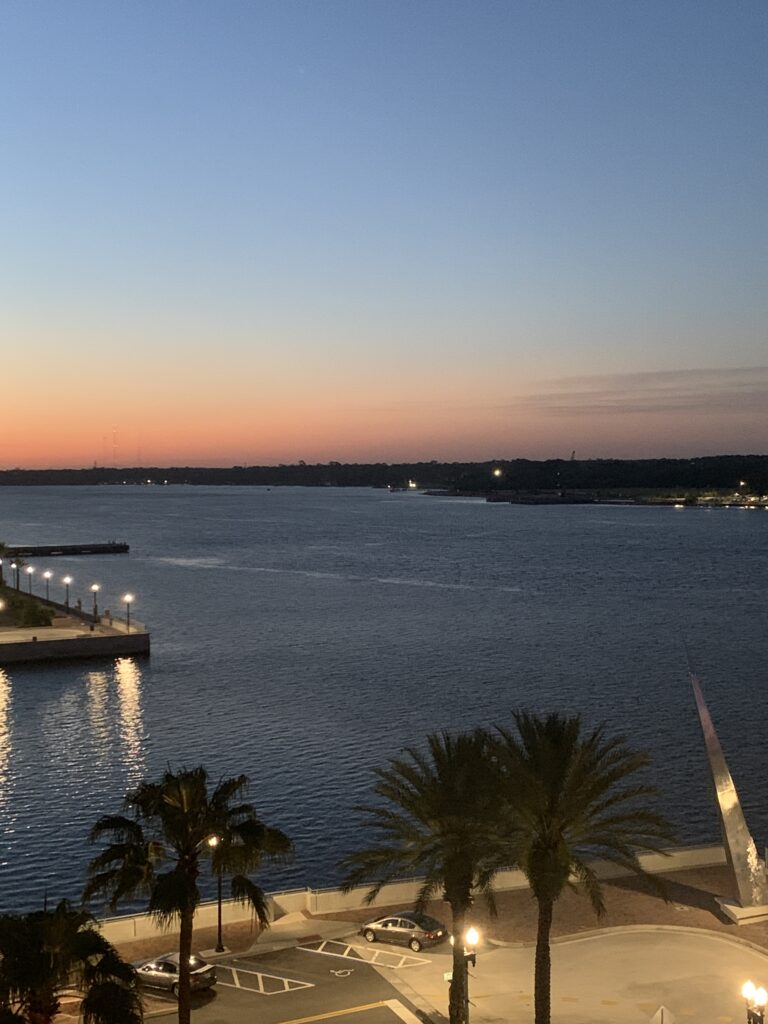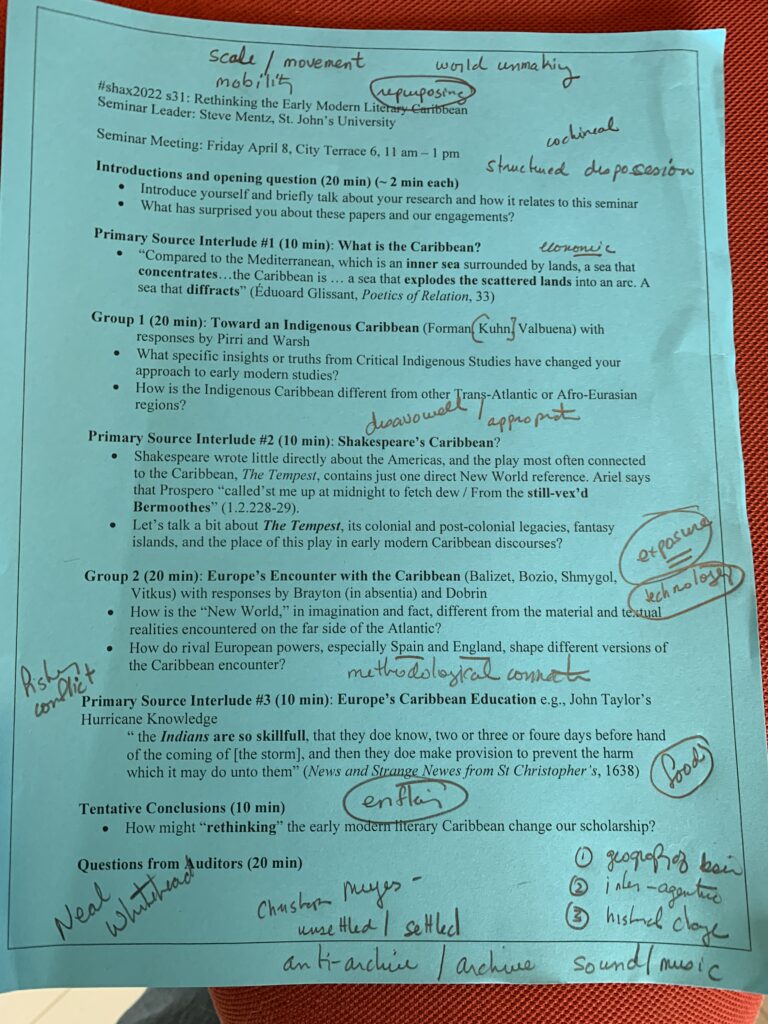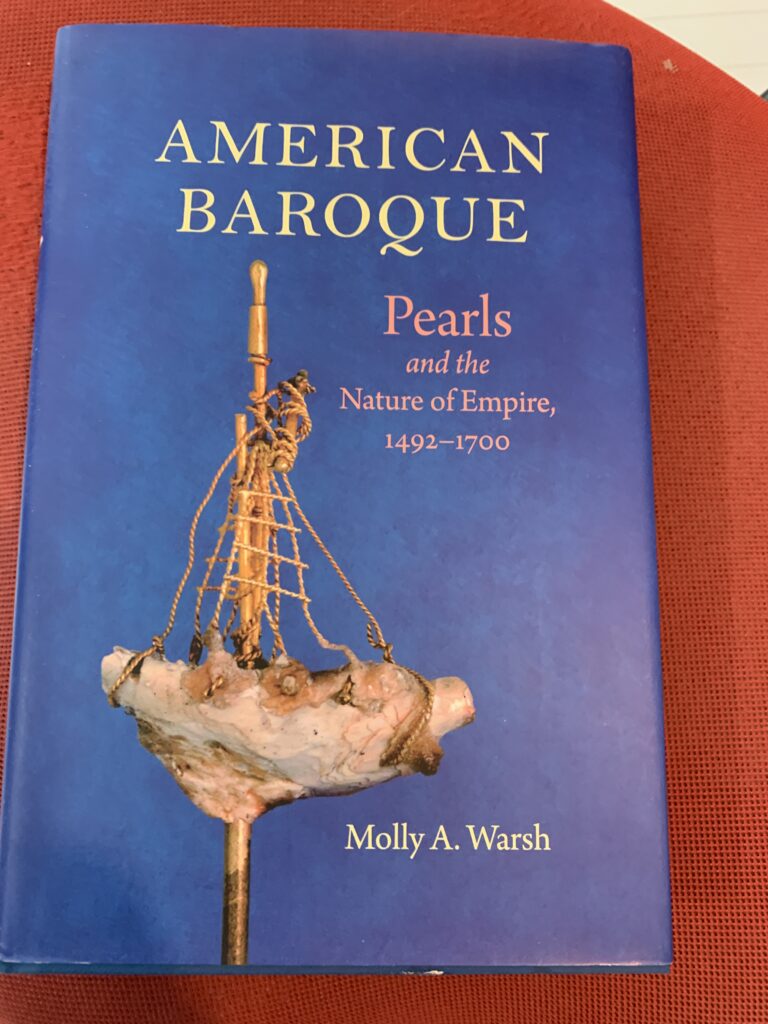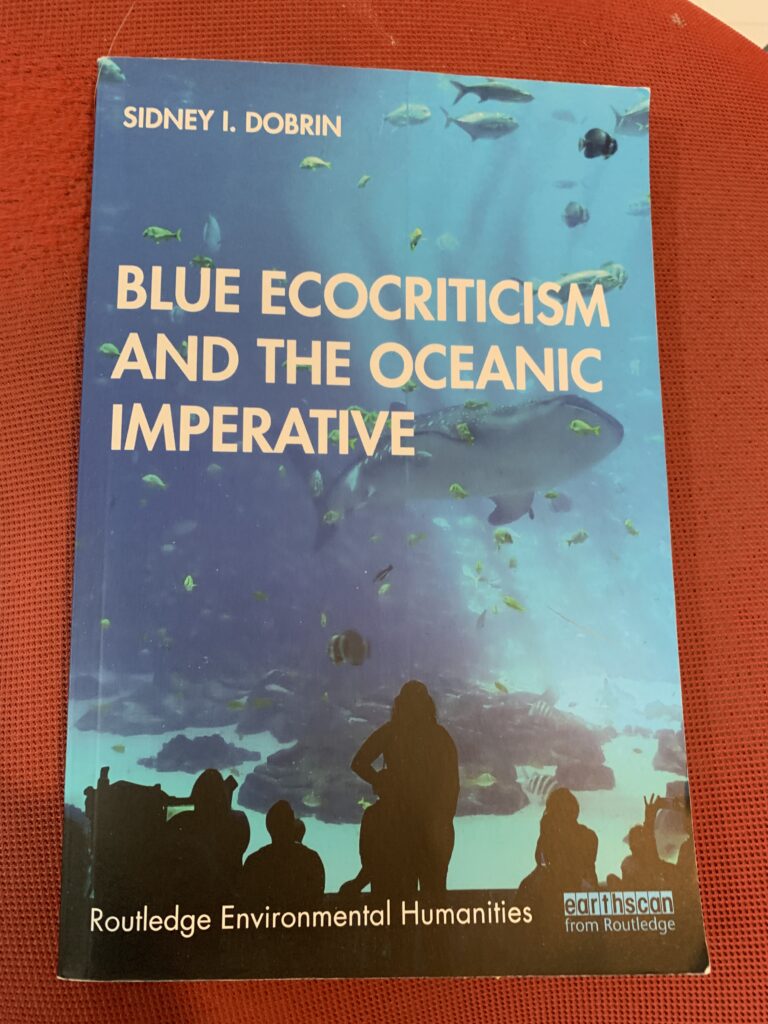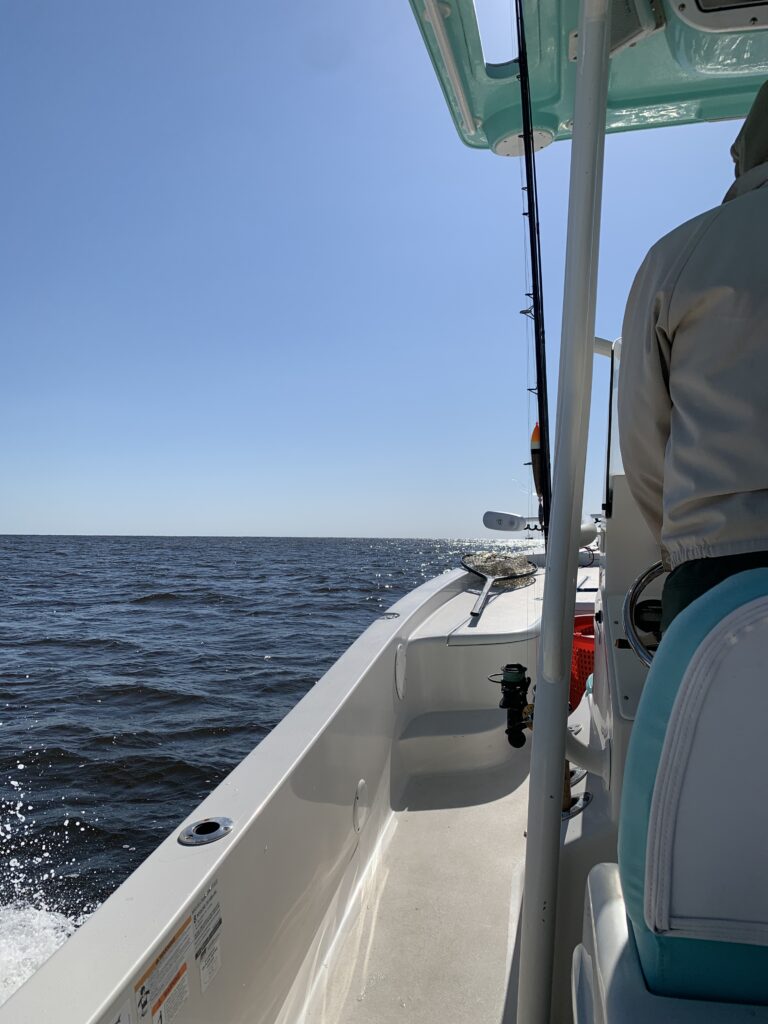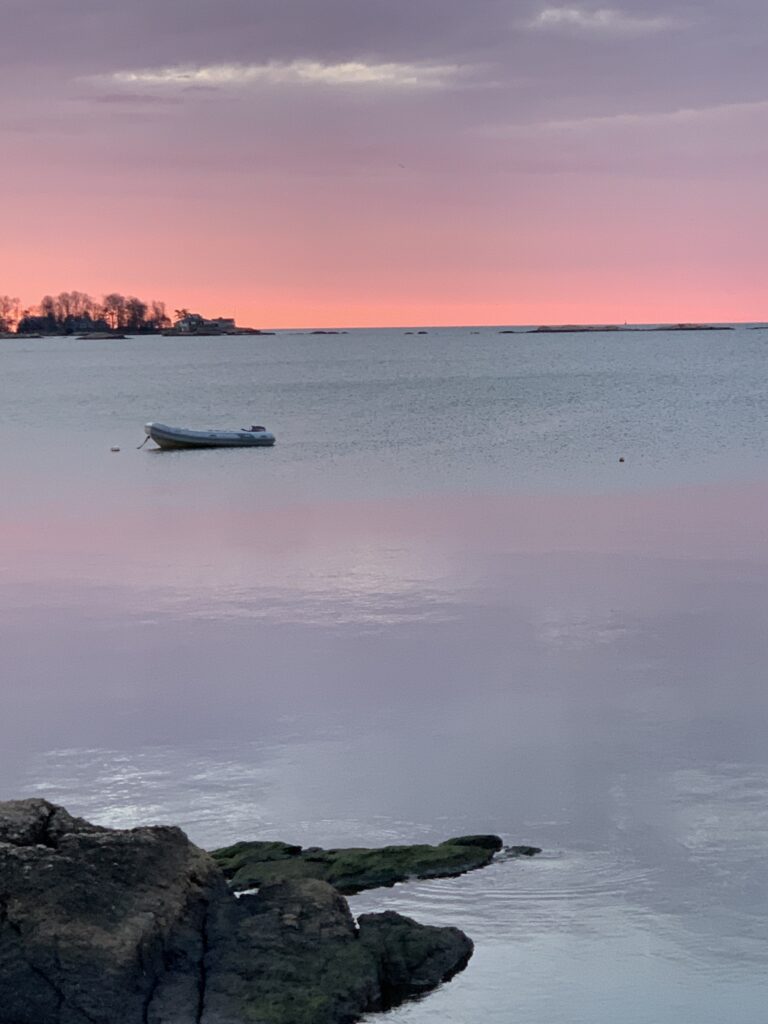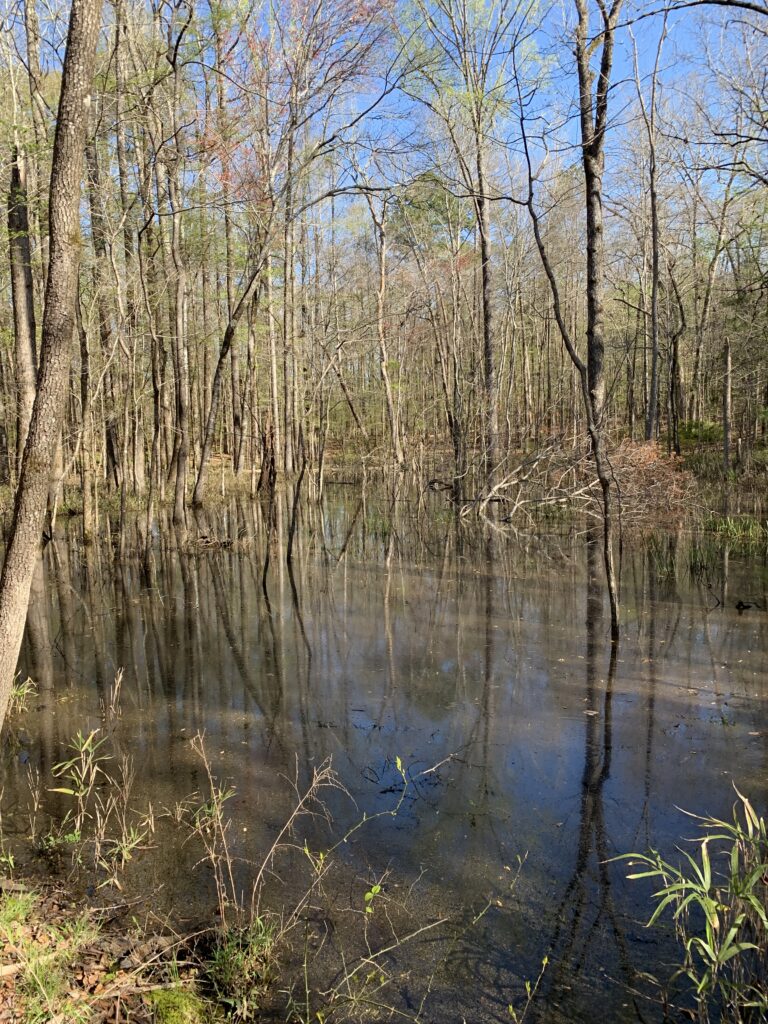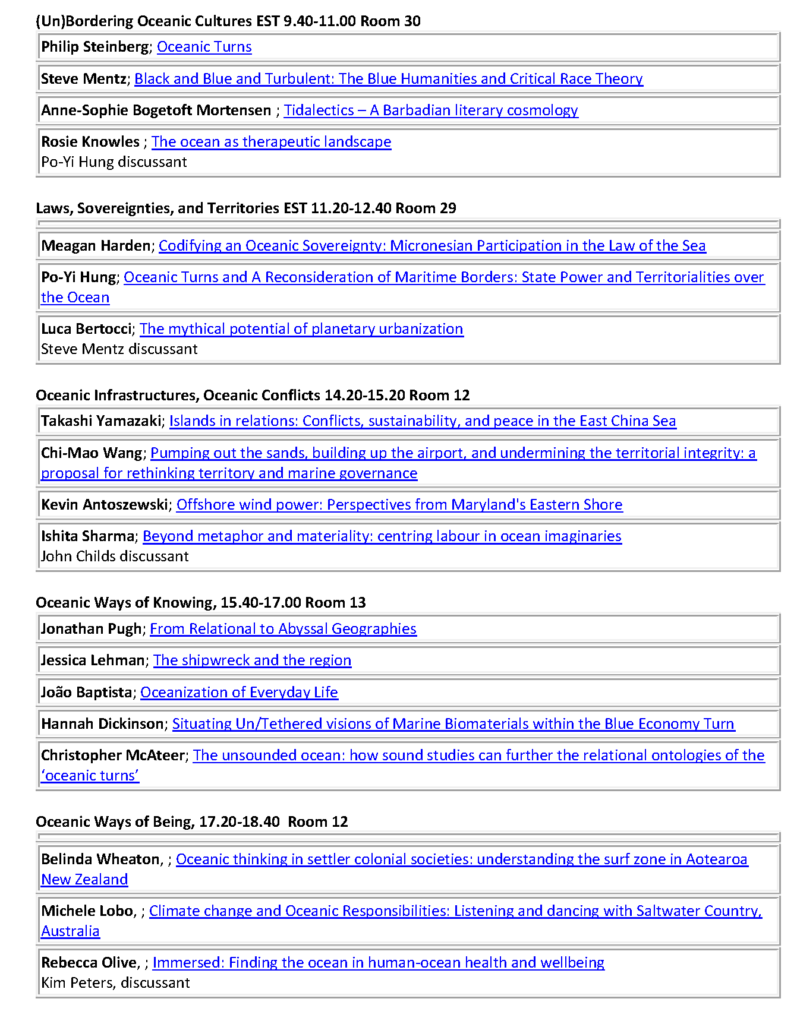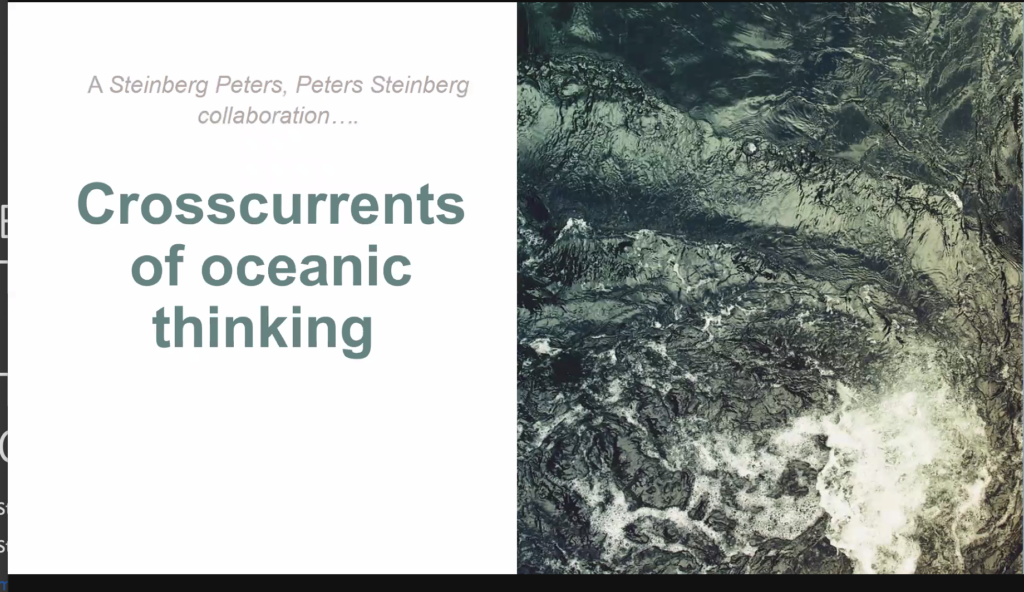In between sessions at the HNE III conference (Histories of Nature and Environments, 3rd meeting), I would sneak outside of the Escola Superior de Turismo e Tecnologia do Mar where we were meeting, walk about 30 meters to the edge of a cliff, and stare down at the waves. Located on the point of a peninsula that until maybe a millennium ago had been an island, Peniche angles out into the Atlantic surge. The surf isn’t quite as fierce as nearby Nazare, but it was plenty awesome for me.
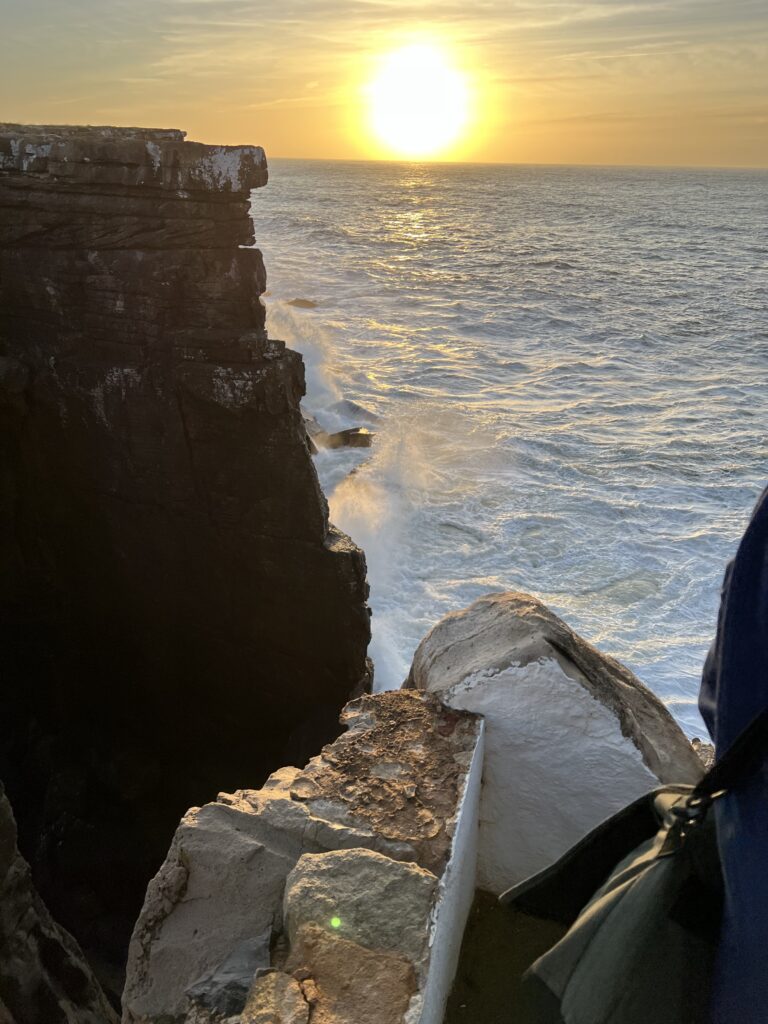
I also spent a few hours splashing around in the surf the day before I gave my conference-opening keynote. Nothing better than an afternoon of bodysurfing and a nicely grilled fish to get read to talk about the blue humanities!
The conference, organized by Ana Roque and Cristina Brito of NOVA University of Lisbon, with support from the 4Oceans Project that Cristina leads, brought together environmental and oceans scholars from four continents and many methodologies. I won’t be able to do justice to the range of individual paper sessions, which ranged from the densely empirical to the floridly theoretical. I might mention briefly Cristina Brito’s presentation, which was the last in the conference except for the fourth keynote. She presented her ongoing research on manatees, the massive marine mammals found both in West Africa and the West Indies. the sightings of which underlie many legends of mermaids and human-fish hybrids. Her presentation gave a glimpse of the range and curiosity that drives this project, as well as the many other projects that 4Oceans supports.
I will give very short comments on each of the four keynotes. I feel deeply honored to be in such company!
Blue Humanities Opener
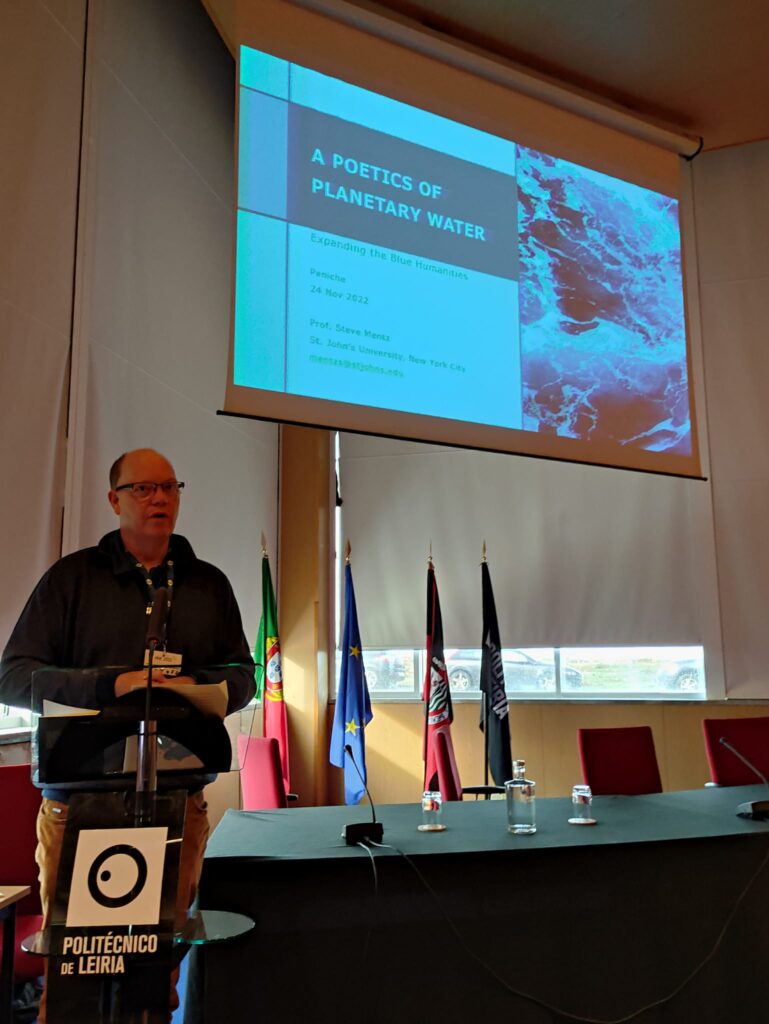
I won’t say much about my own presentation, except that I used a slide of a painting by the great Vanessa Daws as well as the poem I wrote for her Swimming a Long Way Together project to introduce the human-ocean relationship in poetic terms. I also talked about my local waters in Short Beach, and the overstuffed structure of my forthcoming book, An Introduction to the Blue Humanities (look for it in ’23!). Also – I loved the place, the audience, the generous introduction and lively q&a. I don’t know if I could really hear the rumble of the surf behind me, but it felt as if I could!
South African Vistas
Jane Carruthers, coming to Portugal from Johannesburg, South Africa, gave a wondrously wide-ranging talk on the Sashe-Limpopo valley, a fairly remote part of southern Africa at the confluence of two rivers, the Sashe and the Limpopo, and three countries, Botswana, Zimbabwe, and South Africa. The site was home to an ancient civilization, now called the Mapungubwe people and the site of a National Park and nascent tourist industry. Jane talked about the efforts to cultivate the heritage of the 11th century Mapungubwe people, and also about how that legacy was being used for 21st century nationalist ends. It was a resonant and sobering story, which for me also had the consequence of reminding me how much I love South African literature and culture. J.M. Coetzee has been a favorite of mine since I discovered him in college (in the 1980s), but I also thought about Ezekial Mphalele, Mazisi Kunene, Bessie Head, Olive Schreiner, and others. It’s a rich literature, and not as well known in the northern hemisphere as it should be.
Whale Cultures
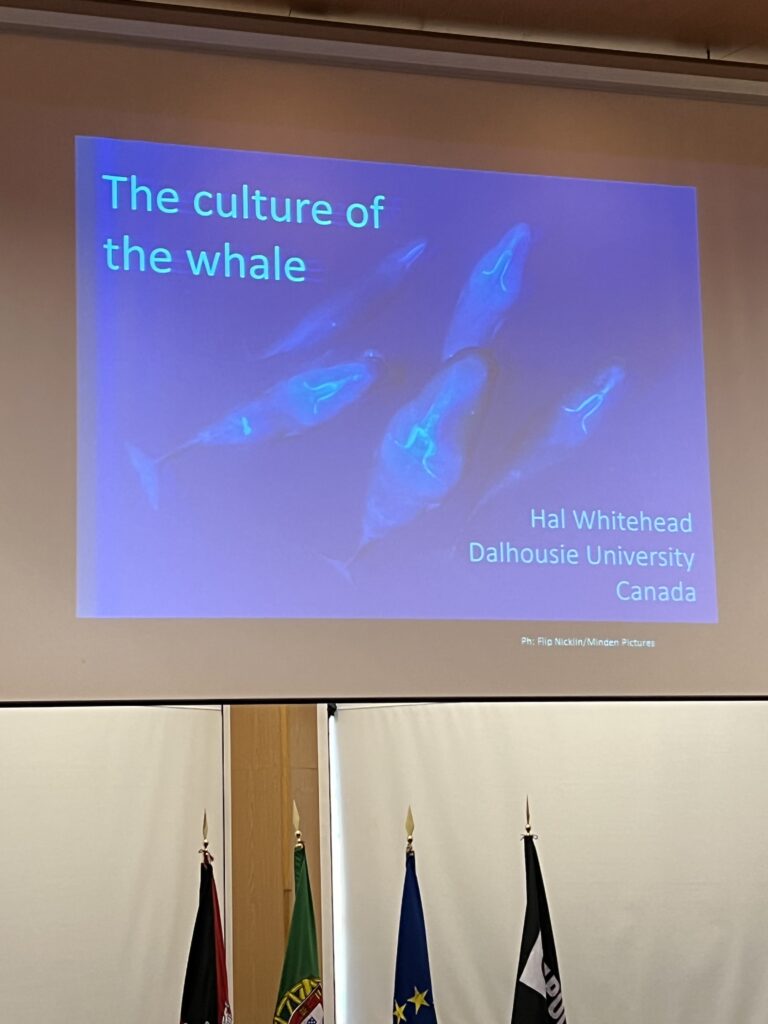
The third keynote, the morning of day 2, featured Hal Whitehead, from Dalhousie University in Nova Scotia. Hal is famous in ocean studies as co-author with Luke Rendell of The Cultural Lives of Whales and Dolphins (2014), a book whose argument, contained in its title, still blows my mind. In an endearingly understated and transparently clear presentation, Whitehead took us through the cultural markers created through whalesong, with special attention to sperm whales in the Pacific and the Caribbean. One of the most striking images was a pair of slides, presenting research from one of Whitehead’s former students I think, that showed the vast areas dominated by single song-cultures of Pacific whales, contrasted with the tiny, basically island-shaped areas that featured a common song in the Caribbean. Why, I asked after the talk, did Pacific whalesongs span such vast oceanic spaces, when Caribbean song-communities were so small? He wasn’t sure – but he said that he thinks it might have something to do with local environmental differences. I love the idea of sperm whale cultures in the Pacific spanning hundreds of miles, and I wonder also about how the smaller, more confined waterways of the Caribbean shape their different cultures. (My just-finished book uses different oceans, from Pacific to Arctic, to frame human culture, so I was very interested to consider how whale cultures may also be shaped by waterscapes.)
Urban Wildlife of Brazil
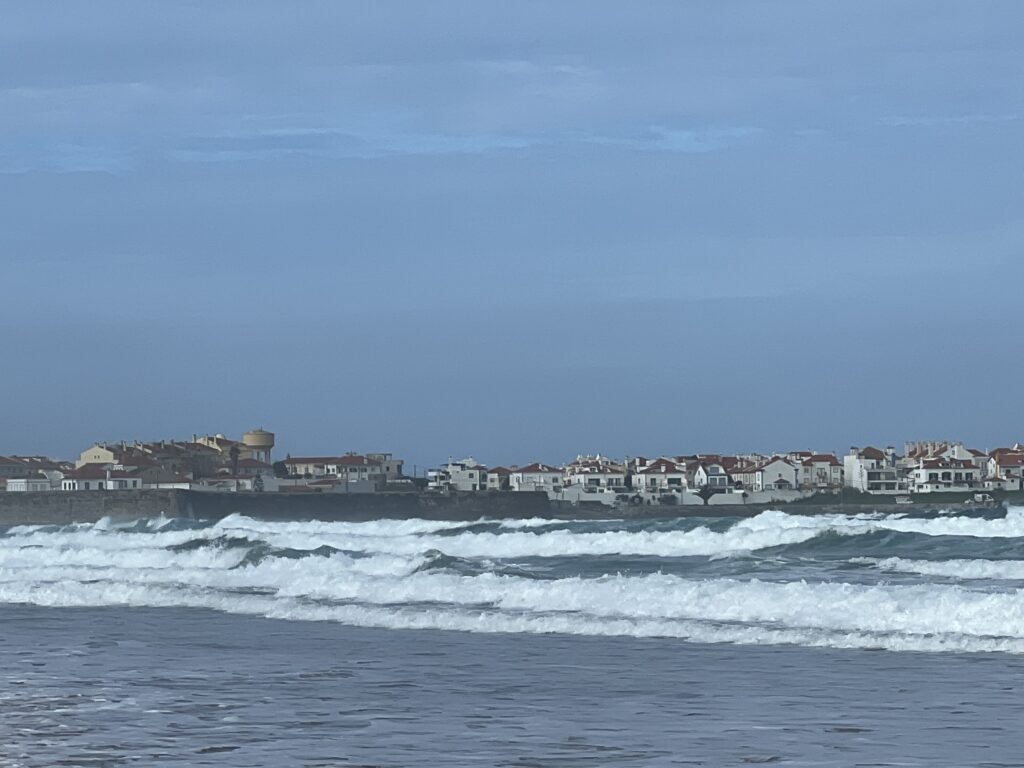
Regina Horta Duarte, from the Universidade Federal de Minas Gerais, Brazil, rounded out the speakers by talking about nonhuman life in one of the planet’s largest mega-cities. The greater metro area of Sao Paolo, Brazil, boasts over 22 million human inhabitants, and the number of birds, beasts, and insects are basically uncountable. Horta Duarte’s talk explored the edges of the city’s major park, and also talked about how birds and other animals engage with human infrastructure, especially glass windows and convenient-seeming paved roads. I caught up with her after her talk and spoke for a bit about how to distinguish among the different needs of different animals – some need conservation, while others can co-habitate with humans to some extent. The trick, always, is knowing which is which!
Whalebone Archeology
We spent our last half-day in a deconsecrated church that was being transformed into a museum in the village of Autouguia de Baleia, just a bit inland from the peninsula of Peniche. Not that long ago – just a bit over a thousand years ago – Peniche had been an island, and Autouguia was the local port. The channel had sedimented in sometime before the medieval period; the oldest fortifications of Peniche date to around the 14th century. As its second name Baleia (“baleen”) suggests, Autouguia was a whaling town. Among the artifacts recently recovered and being prepared for display are whalebones. A mock-up display even shows how old stone houses may have used fossilized whale bones as part of rock walls.
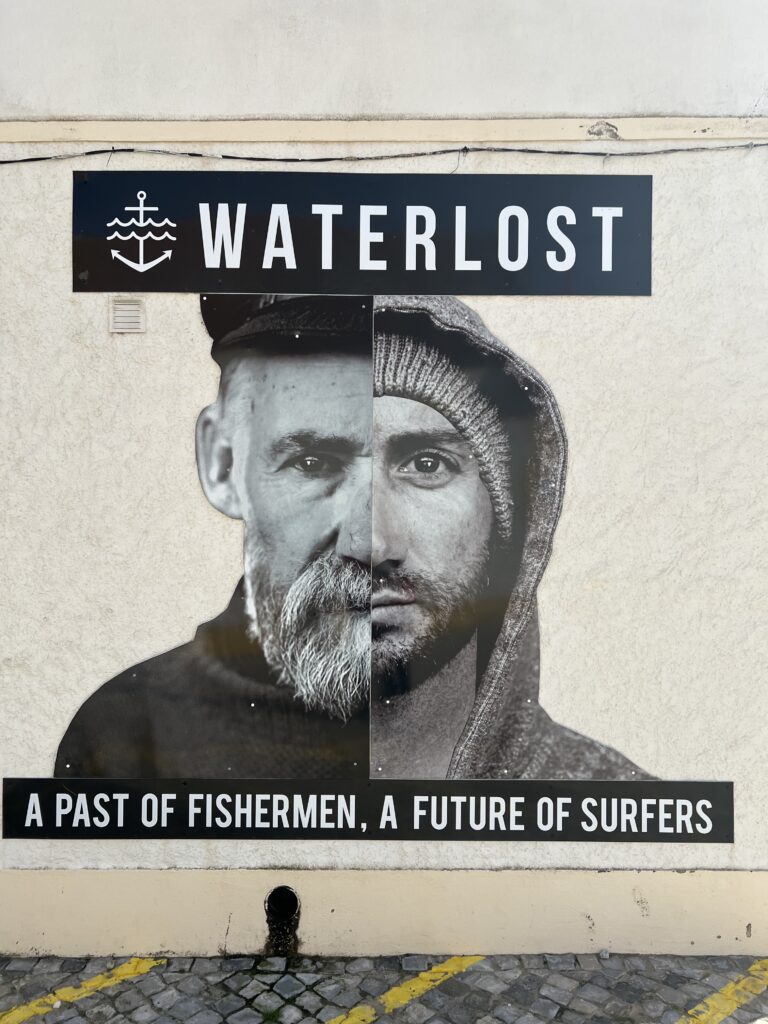
The artifacts of humans and cetaceans from the Roman, medieval, and early modern periods provided a rich historical context for our days in Peniche. I could not help thinking about Hal’s ideas about the song-cultures of whales as I handled the fossil baleen and spinal bones. What is the full story, the entire song, of whales and humans, perhaps the two smartest mammals to have evolved in the past few million years on our blue planet? Not long ago it seemed as if the small, greedy primates would wipe out the massive cetaceans. Now – well, it’s hard to know what will happen in the Anthropocene, though many populations of whales are coming back.
Hal told a story about speaking with the historian Bathsheba Demuth, who by coincidence I had met in Tutzing, Germany, just the month before. Her research on Native Alaskan whaling cultures had lead him to think that whales might learn and transmit information as humans do, via cultures – which sent him back to his scientific data. I love that story’s narrative of exchange, in which a humanist empirical historian tells a story to a data-driven scientist, who uses that story to reassess his own work. And later that work finds its way to a poetically-minded humanist like me, to light up my imagination.
Exchanges like that are why cross-disciplinary exchanges are worth pursuing, even in this age of Covid and climate change. That’s what we sought, and what we found, a few weeks ago in Peniche.
I look forward to seeing all these wonderful people again soon!
